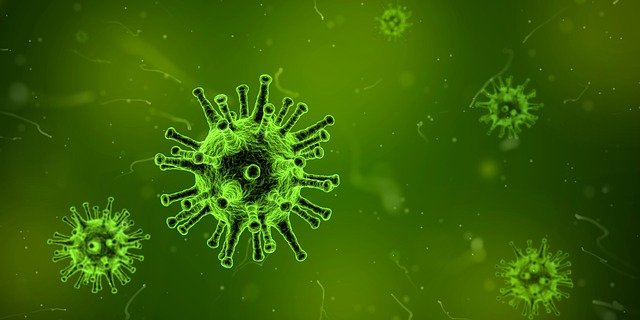Viral infections — such as SARS-CoV-2 causing this pandemic — have long threatened life on earth, most likely for billions of years. In the 21st century, respiratory tract infections, HIV and infectious gastroenteritis are some of the leading causes of premature death across the world. Because few solutions have been developed to combat viral infections, new ways of boosting immunity against viruses are needed. The gut microbiome acts as a key regulator of immunity and host defense mechanisms; evidence indicates that disruption of the homeostasis between the GI microbiome and the host immune system can adversely impact viral immunity.
A 2021 review titled Viral Infections, the Microbiome, and Probiotics provides a comprehensive review of the evidence and discusses the possible potential of probiotics in reducing diseases and deaths from viral infections. The paper was written by members of the IPA Scientific Committee.
The review is comprised of three key areas of study:
Host defense against viruses by bacteria
Both commensal and probiotic organisms support host defense —the mucus layer, innate immune defenses and adaptive immune defenses — against viral pathogens. Bacterial strains may protect hosts from viral infections by a number of direct and indirect mechanisms, summarized in Figure 1 in the review.
- Enhanced mucosal barrier function
- Secretion of antiviral antimicrobial peptides and bacteriocins
- Inhibition of viral attachment to host cells
- Modulation of antiviral innate and adaptive leucocyte function
Various stressors disrupt the microbiota and impact viral immunity
Numerous stressors are discussed:
- Early life factors including caesarean section and restricted breast-feeding
- Antibiotic exposure
- Immunosenescence and inflammaging in the aging process
- Unhealthy diet
- Inflammatory diseases including obesity, Inflammatory bowel disease, and rheumatoid arthritis.
Probiotics may prevent or help manage some viral infections
The evidence for use of probiotics in a number of key viral infections is discussed including:
- Viral gastroenteritis
- Viral hepatitis B and C,
- Human immunodeficiency virus (HIV)
- Human papilloma virus (HPV)
- Viral upper respiratory tract infections (URTI)
- Influenza and SARS CoV-2
The authors describe in detail the numerous potential mechanisms by which selected strains of probiotics may elicit antiviral activities. These include specific actions to bolster the aforementioned defense mechanisms among others.
Modulation of the immune system is the most well-documented anti-viral effect of probiotics. Many of these and other mechanisms may possibly function in parallel and/or subsequently, write the researchers.
Takeaway
As the pandemic has made apparent, viruses are and likely always will be threats* to the human species. Use of probiotics to manipulate the microbiota to defend against or manage viral infections is well-worth exploring. This timely review is a must-read. IPA will delve deeper into the review as a basis for future blogs.
* “However, a limited number of virome studies suggest that viruses may have either beneficial or detrimental effects on human health, depending on their interactions with the host, other viruses, and bacteria.”
Key reference
Harper, Ashton et al. “Viral Infections, the Microbiome, and Probiotics.” Frontiers in cellular and infection microbiology vol. 10 596166. 12 Feb. 2021, doi:10.3389/fcimb.2020.596166

